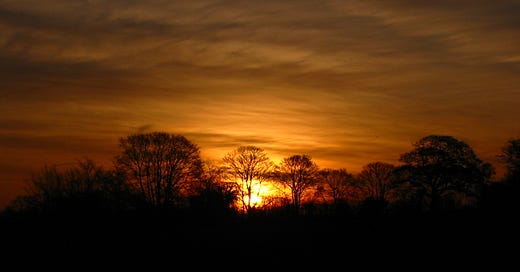HAPPY WINTER SOLSTICE everyone! Hope you all had crack(l)ing good fires last night. This is a short interim post to outline one or two new directions for next year. The Red Tent will be back in 2024.
This morning we went to see the sun rise on the new solar year beneath our old companion oak. A wild west wild was roaring through the branches, the sky overhead pewter grey and storm-tossed. We waited and scoured the horizon for light. As I leaned forward as if to catch a clearer view of the invisible event, I pushed aside the ghosts stalks of an alexander plant. There was a loud crack, and Mark said: I think it’s risen now.
I laughed. The plant, brought originally to Britain by the Romans, is named after the conqueror of the ancient world, and here in coastal Suffolk, their green conquest of the roadside verges has already begun. In a famous story about Alexander and the cynic philosopher Diogenes, the mighty warmonger asks him, What can I give you?, and his shadow falls over Diogenes face:
Get out of my sunlight was the reply.
You could say one half of this practice is about pushing aside the ghosts of Alexander to let the sunlight in. The other about letting the territory speak with you in its mysterious cipher.
Yesterday before the solstice fire, I went out to collect kindling and decking for the house. The rains had come again so both the road to the woods and the path to the sea were underwater. So I went as far as I could into the marshes, and sat on a fence to watch the clouds race across the sky, and feel the immense space of the waterlands. As I did I noticed a glittering within the treeline. And then it appeared, a fluttering of round-winged birds: a murmuration of lapwings! They rose and swirled over the fields, flicking silver white in the sun, then black, stretching out in a line, then in circles, oblongs and figures of eight, then diving downward and disappearing, only to rise again somewhere else.
Encountering a murmuration of starlings at twilight is one of the great moments of winter but seeing lapwings flock and dance in the sky is rare and stirs you in a deeper place.
On the way home, I put sticks from fallen trees and bushes into my panniers for the solstice fire: poplar, chestnut, blackthorn, pine, oak, gorse. I found the decking leaves in the lanes: English and Irish yew in the graveyard, holly in the hedge in the alleyway, ivy draped over fences.
The evergreens steal scented and spiky into our living rooms, ancestral guests in a modern denatured world. Their presence is somehow enlivening and also calming. Something feels right that never feels right in Empire. When the lapwing appears you can say, it’s a ground nesting farmland bird, like many others that have been pushed away by the ruthless march of progress. But these facts don’t get you any nearer the bird, or the joy that surges within you watching them soar with their companions. Their winter shapes, their spring cry over the land is what ‘fits’, feels kin. You watch those sky alphabets and some deep part of you yearns to know what they mean. Not in the language of the left hemisphere, but as a codebreaking insight into the right.
In Robert Graves’s extraordinary scholarly and poetic work, The White Goddess, the lapwing appears in one of the key myths of the book, in which a dog, lapwing and a white roebuck, are stolen from Arawn, the king of the Welsh underworld, leading to the Cad Goddeu (The Battle of the Trees). In this mythic territory, the lapwing is the first bird of the alphabet, whose pied presence signifies ‘disguise the secret’.
Sometimes we look for clues on how to speak with the Earth, and sometimes we stumble on a work that offers a host of them, albeit in a strange and difficult way that makes the imagination break away from the confines of the rational mind. In Graves’ ‘historical grammar of the language of poetic myth’, two of these evergreen decking trees form a solstice doorway, among the five ‘female’ vowels of the tree alphabet, the yew the tree of death, and the Scot’s pine the tree of birth (13 other trees form the ‘male’ consonants).
In this doorway day – today – winter solstice sits between the outbreath of the old solar year and the inhalation of the new, between the ancient graveyard yew and the fresh fast-growing pine. This pause of ‘no breath’, at the deepest point in the year, is governed by the mysterious symbiont, mistletoe, that appears in the boughs of apple trees, poplar and lime, as their leaves fall; and also now hangs in the festive doorways of England, where we still embrace underneath its otherworldly golden leaves and white berries to remind ourselves what it means to be kin.
What the lapwing’s secret knowledge might be, what this alphabet of trees has to do with our creative engagement with the land, will be one of these Substack explorations in the new year. We will also be looking at writing as a metaphysical practice, and tools to break out of conquistador mindsets and get our dancing feet on Earth.
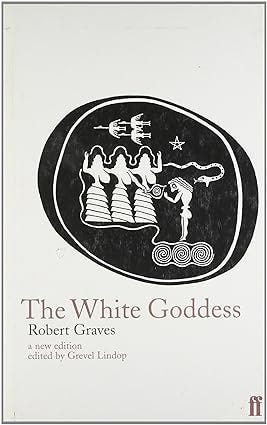
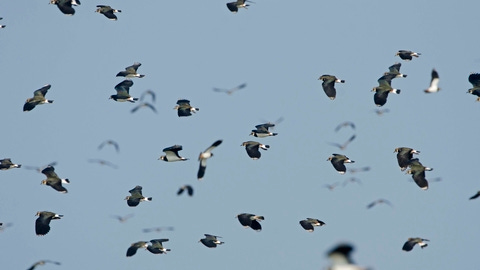
A kiva invitation
I once sat in the passageway of the Newgrange tomb in Ireland and wondered what is was like to be among those people who waited with bated breath for the sun to rise again at solstice. How it must be in the pueblos when the katsinam return from the mountains; to live in communities where land is the imagination in which you dwell, where ceremony and acts of beauty that keep that knowledge alive are a way of life.
In our Eight Fires Winter Sessions, we have been taking a deep dive into the underearth of soil, roots and mycorrhizal connections to find out how we might recover this imaginal relationship with the sun and the living world, and re-embed ourselves in the territories where we live. These creative acts are solo, but when brought back, shared, spoken out loud, listened to, our encounters – with fire, with the dusk, creatures and winter trees – begin to take the shape of ancestral, future-looking culture of repair. A murmuration of human beings.
To increase these ‘kiva’ attentions, I’d like to offer an invitation for 2024: to meet up at key moments of the year to exchanges our stories of place and our practices. These online sessions will be open and free to all paid subscribers. Dates and details will appear next month. Do come and join us!
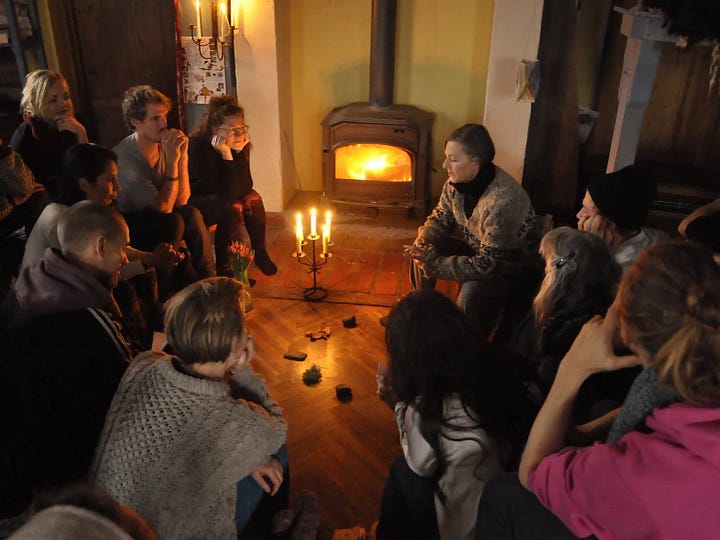
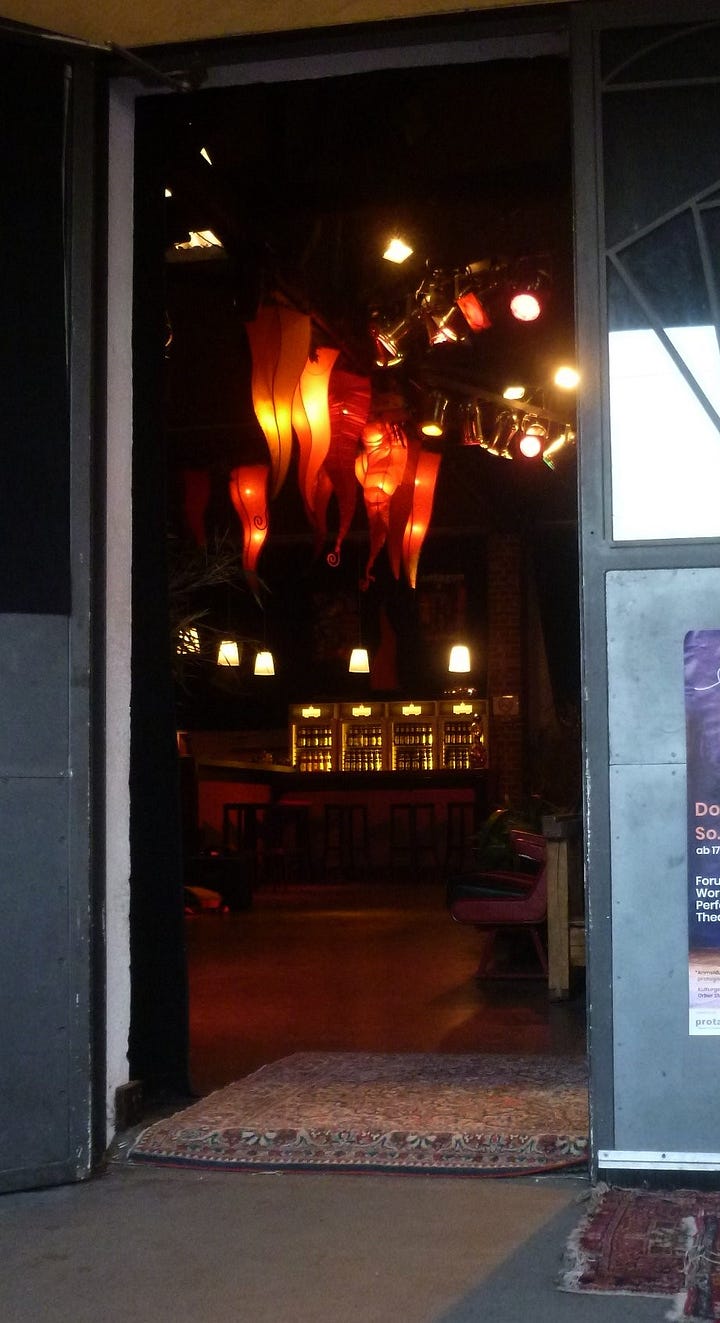
Keep reading with a 7-day free trial
Subscribe to The Red Tent to keep reading this post and get 7 days of free access to the full post archives.


